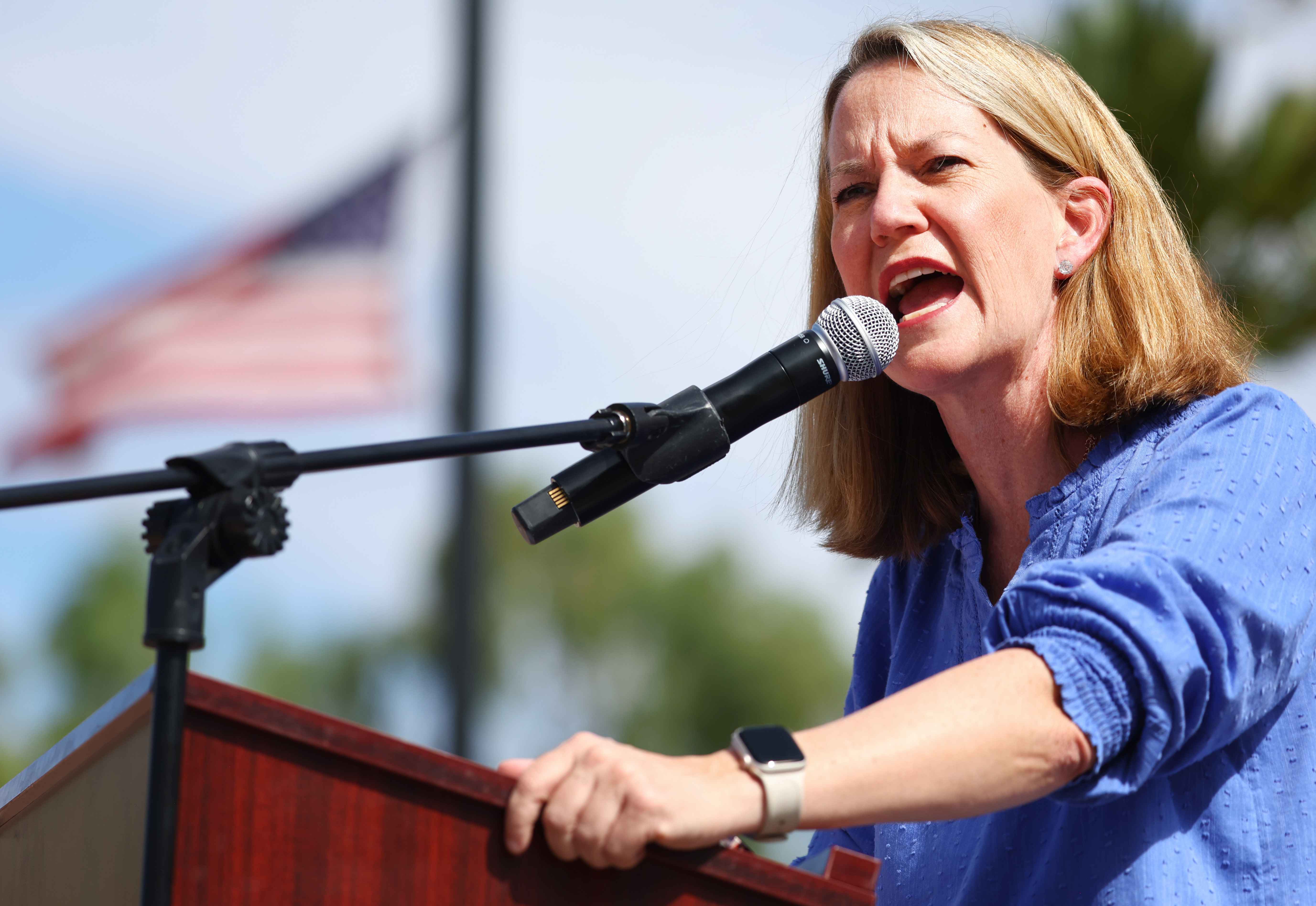Two polls released this week are painting a picture of the Democratic and Republican primary contests in New Hampshire.
According to the University of New Hampshire/WMUR's Granite State Poll, Hillary Clinton is still the favorite among Democratic primary voters, but her lead has started to lag in recent months, with 73 percent having a favorable opinion of the former Secretary of State and 15 percent with an unfavorable opinion, giving her a net favorability rating of 58 percent.
Her only announced primary opponent, U.S. Sen. Bernie Sanders, has a moderate favorability rating with potential primary voters, the poll found, with a net favorability rating of 34 percent; however, it's still behind Massachusetts' U.S. Sen. Elizabeth Warren, who commands a net favorability rating of 53 percent. Warren has not indicated she will run, despite vocal urging on behalf of her supporters.
The UNH/WMUR poll found that liberal Democratic primary voters are more likely to be happy with the current field than moderates.
Meanwhile, despite an ever-growing field of Republican 2016 hopefuls, primary voters in New Hampshire aren't sharing their enthusiasm, which means no clear front runner for the GOP, according to the UNH/WMUR Granite State Poll. However, the poll found Republican voters are more interested in the primary contest at this point for the 2016 election than they were around this time in 2007 for 2008 election.
The most popular candidates in the Republican field are Florida Sen. Marco Rubio, Kentucky Sen. Rand Paul and Wisconsin Gov. Scott Walker, with favorability ratings of 60 percent, 51 percent and 50 percent, respectively. The candidates trailing the most in the favorability field among Republican primary voters are real estate mogul and reality TV star Donald Trump, with a 56 percent unfavorable rating; New Jersey Gov. Chris Christie, with 40 percent unfavorable; former Pennsylvania Sen. Rick Santorum, at 37 percent unfavorable; and former Florida Gov. Jeb Bush, with a 34 percent unfavorable rating.
However, Bush continue leads with 15 percent of likely Republican primary voters, and is closely followed by Rubio, who has 12 percent; Walker with 11 percent; Paul with 10 percent; and Texas Sen. Ted Cruz's 6 percent.
Politics
Fourteen percent of likely Republican primary voters say they're undecided.
According to Andrew Smith, director of the UNH Survey Center, Bush, Rubio, Walker and Paul are separating themselves from the rest of the field, but it's "likely due to press attention rather than any real campaign work."
The poll also found that 23 percent of likely Democratic primary voters cite jobs and the economy as the most important issue facing candidates next year, with 27 percent of likely Republican voters agreeing.



